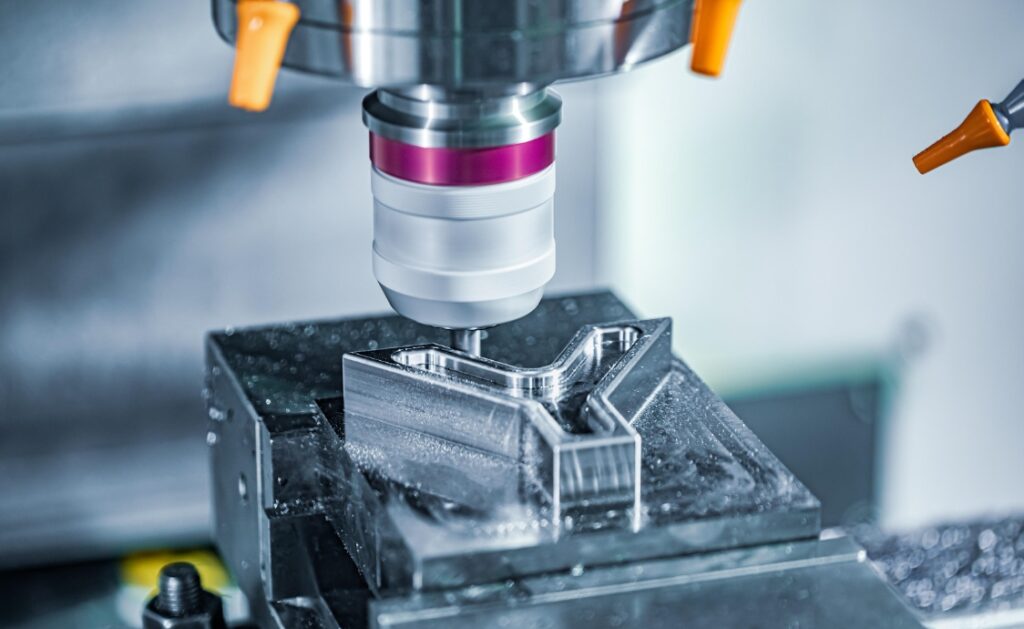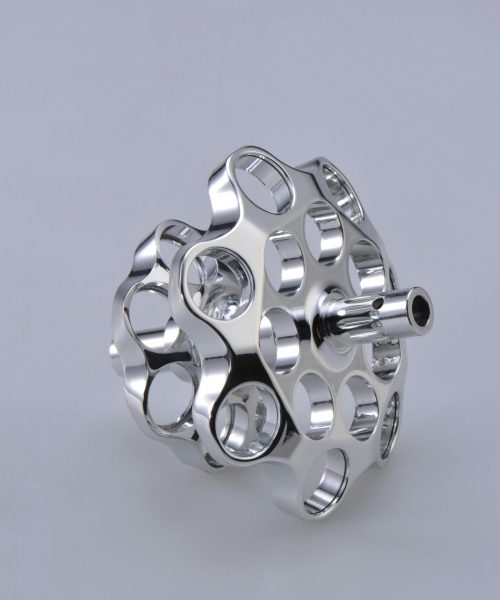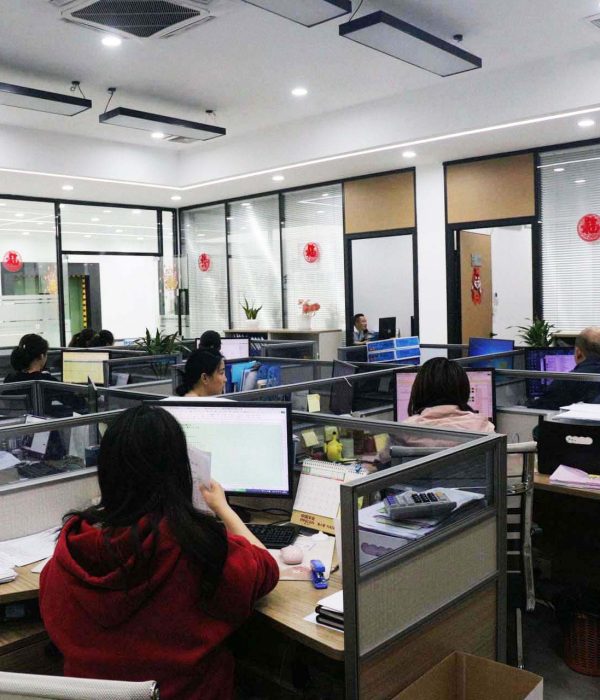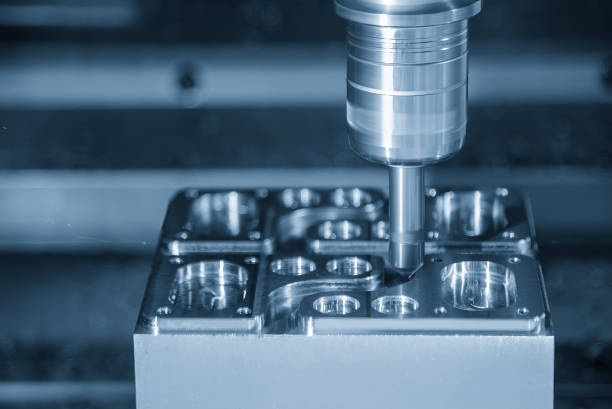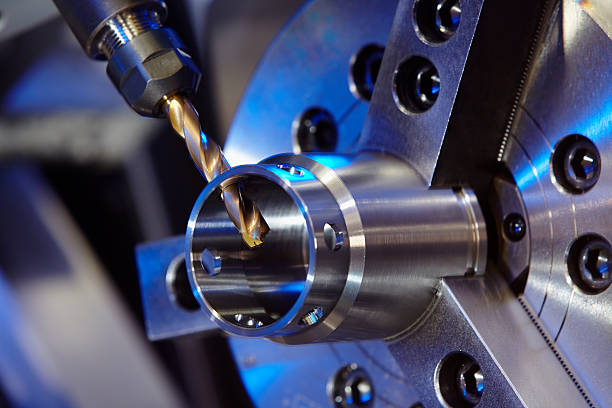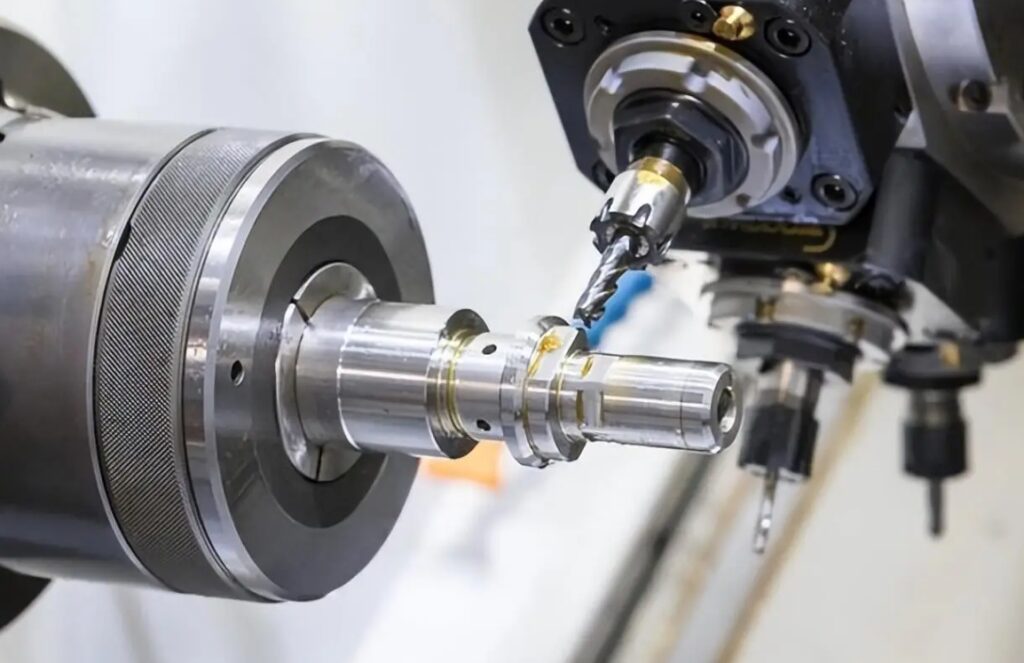Industry 4.0, often referred to as the fourth industrial revolution, is transforming the manufacturing sector by integrating digital technologies with traditional manufacturing processes. At the heart of this transformation are CNC (Computer Numerical Control) machining services, which are evolving to meet the demands of smart factories and interconnected production systems. This article examines how CNC machining services are adapting to the Industry 4.0 landscape and the implications for the future of manufacturing.
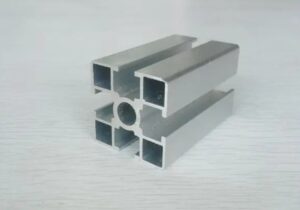
Understanding Industry 4.0
Industry 4.0 represents a shift towards smarter, more automated manufacturing processes, characterized by the use of cyber-physical systems, the Internet of Things (IoT), cloud computing, and artificial intelligence (AI). The goal is to create a highly flexible and efficient production environment where machines, systems, and humans work seamlessly together in real-time.
In this context, CNC machining services are becoming more intelligent, connected, and adaptable, enabling manufacturers to meet the demands of modern production with greater precision and efficiency.
The Role of CNC Machining Services in Industry 4.0
CNC machining services are integral to the Industry 4.0 framework for several reasons:
Data-Driven Manufacturing: One of the key components of Industry 4.0 is the use of big data and analytics to optimize manufacturing processes. CNC machines equipped with sensors can collect vast amounts of data on machine performance, tool wear, and production quality. This data can be analyzed in real-time to improve process efficiency, predict maintenance needs, and reduce downtime.
Interconnected Production Systems: Industry 4.0 envisions a highly interconnected production environment where machines communicate with each other and with central control systems. CNC machining services are evolving to support this vision, with machines that can share data, coordinate tasks, and adapt to changing production demands autonomously.
Advanced Automation and Robotics: Automation is a cornerstone of Industry 4.0, and CNC machining services are increasingly incorporating advanced robotics and automation technologies. This includes robotic arms for automated loading and unloading of workpieces, as well as automated tool changers and pallet systems that increase machine uptime and productivity.
Digital Twins and Simulation: Digital twin technology allows manufacturers to create virtual models of physical CNC machines and their processes. These digital twins can be used to simulate and optimize machining operations before they are executed on the shop floor, reducing errors and improving efficiency. CNC machining services are at the forefront of adopting digital twin technology to enhance production planning and execution.
Customizable and Flexible Manufacturing: The flexibility of CNC machining services makes them ideally suited to the demands of Industry 4.0, where customization and responsiveness to market changes are critical. CNC machines can be quickly reprogrammed to produce different parts, allowing manufacturers to respond rapidly to changing customer demands or production requirements.
Benefits of Integrating CNC Machining Services with Industry 4.0
The integration of CNC machining services with Industry 4.0 technologies offers several significant benefits for manufacturers:
Increased Productivity: By leveraging real-time data and advanced automation, CNC machining services can significantly increase productivity. Machines can operate continuously with minimal human intervention, and predictive maintenance can reduce downtime, ensuring that production schedules are met.
Improved Quality Control: The ability to monitor and analyze machining processes in real-time allows for more precise control over product quality. CNC machines can automatically adjust parameters to compensate for tool wear or other variables, ensuring that parts are produced to exact specifications.
Cost Efficiency: Industry 4.0 technologies enable more efficient use of resources, reducing material waste and energy consumption. The use of digital twins and simulations can also reduce the need for physical prototypes, saving both time and money.
Enhanced Flexibility: The flexibility of CNC machining services is further enhanced by Industry 4.0 technologies, allowing manufacturers to quickly adapt to new products, materials, and production techniques. This adaptability is crucial in a market where product lifecycles are becoming shorter and customer demands more varied.
Sustainability: The focus on efficiency and waste reduction in Industry 4.0 aligns with the growing emphasis on sustainability in manufacturing. CNC machining services that incorporate these technologies can contribute to more sustainable production practices, reducing the environmental impact of manufacturing operations.
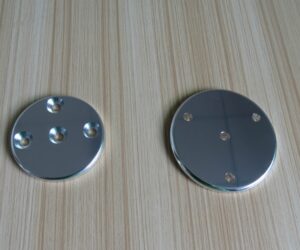
Challenges and Considerations
While the integration of CNC machining services with Industry 4.0 offers numerous benefits, it also presents several challenges:
Investment Costs: The transition to Industry 4.0 requires significant investment in new technologies, including smart CNC machines, sensors, software, and IT infrastructure. Manufacturers must carefully consider the return on investment and develop a strategic plan for adopting these technologies.
Skills Gap: The implementation of Industry 4.0 technologies requires a workforce with new skills, including data analysis, digital twin modeling, and advanced CNC programming. Companies must invest in training and education to ensure their employees can effectively operate and manage these new systems.
Cybersecurity: The increased connectivity of machines and systems in an Industry 4.0 environment raises cybersecurity concerns. CNC machines that are connected to the internet or other networks are potentially vulnerable to cyberattacks, which could disrupt production or lead to data breaches. Manufacturers must implement robust cybersecurity measures to protect their systems and data.
Integration Complexity: Integrating CNC machining services with existing manufacturing systems and Industry 4.0 technologies can be complex. It requires careful planning and coordination to ensure that all systems work together seamlessly and that data flows smoothly between different machines and processes.
The Future of CNC Machining Services in Industry 4.0
The future of CNC machining services in the age of Industry 4.0 is bright, with ongoing advancements in technology continuing to enhance the capabilities and efficiency of these services. Some of the key trends to watch include:
AI and Machine Learning: Artificial intelligence and machine learning are expected to play an increasingly important role in CNC machining services, enabling machines to learn from data and optimize their operations autonomously. This could lead to even greater efficiency, quality, and flexibility in manufacturing.
Edge Computing: As the volume of data generated by CNC machines continues to grow, edge computing will become more important. By processing data closer to the source, edge computing can reduce latency and improve real-time decision-making, making CNC machining services more responsive and efficient.
Collaborative Robotics: Collaborative robots, or cobots, are designed to work alongside humans in a shared workspace. In CNC machining, cobots can assist with tasks such as loading and unloading parts, assembly, and inspection, increasing productivity and reducing the risk of human error.
Sustainability Innovations: As sustainability becomes a more pressing concern, CNC machining services will continue to evolve to minimize their environmental impact. This could include the development of new, more sustainable materials, energy-efficient machines, and processes that reduce waste.

Conclusion
CNC machining services are at the forefront of the Industry 4.0 revolution, playing a critical role in the transition to smarter, more connected, and efficient manufacturing processes. By embracing the technologies and principles of Industry 4.0, CNC machining services are helping manufacturers achieve greater productivity, quality, and flexibility while also addressing the challenges of sustainability and customization.
As we move further into the digital age, the continued evolution of CNC machining services will be essential for companies looking to stay competitive in an increasingly complex and fast-paced market. By investing in these services and integrating them with Industry 4.0 technologies, manufacturers can unlock new levels of innovation, efficiency, and success in the years to come.

